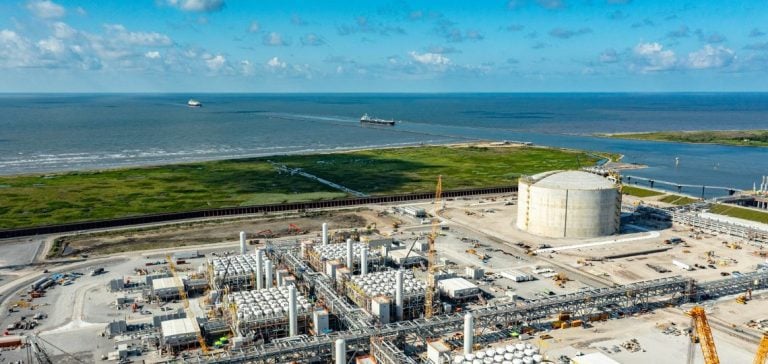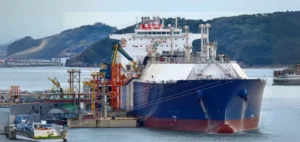Venture Global LNG recently announced to Edison SpA that the deliveries of liquefied natural gas (LNG) scheduled under contract will not begin until April 2025. Signed in 2017, this 20-year contract was supposed to guarantee Edison the supply of LNG from the Calcasieu Pass plant in Louisiana. However, technical issues at this facility have prevented any deliveries to date. Meanwhile, Venture Global opted to sell its cargoes on the spot market since March 2022, generating over $20 billion in revenue while failing to meet its contractual commitments to Edison.
The delay in deliveries is attributed to failures in the energy production system of the Calcasieu Pass plant. This situation has pushed Venture Global to prioritize sales on the spot market, where LNG prices are currently high, to the detriment of its long-term agreements. This strategy has directly put Edison SpA and other partners, such as BP, Shell, and Repsol, in a delicate position. These partners have initiated arbitration proceedings against Venture Global for breach of the initially agreed contractual terms.
Impact of Technical Failures
The financial impact on Edison is significant. The delay in deliveries forces Edison to seek alternative sources of natural gas, often at a higher cost than anticipated. This need for adaptation could weigh on Edison’s operating margins, especially since prices in the spot market remain volatile. Additionally, the arbitration proceedings are likely to be lengthy and uncertain, further delaying the resolution of disputes and adding an extra layer of complexity to the situation.
Repercussions on the LNG Market
In the face of these challenges, Edison must implement effective mitigation strategies. Diversifying its supply sources has become a priority to reduce dependence on Venture Global. Furthermore, Edison is considering exploring stricter contractual options in the future to prevent further delays and secure its supplies. Meanwhile, this situation underscores the importance for Edison to intensify its investments in renewable energy, even though natural gas remains a key component of its energy mix in the short term.
The impact of this delay also extends to the LNG market. The confidence of European buyers in American LNG exporters could be shaken, particularly if such delays recur. In the long term, this mistrust could encourage European companies to turn to more reliable suppliers outside the United States, potentially redefining the dynamics of the international LNG market.
Future Perspectives for Edison SpA
The dispute between Venture Global and Edison highlights the inherent risks of long-term contracts in the energy sector. Effective priority management and the ability to address technical challenges are essential for maintaining strong business relationships and avoiding costly litigation. For Edison, this situation represents an opportunity to reassess its supply and investment strategy, placing greater emphasis on resilience and diversification of its energy sources.
Implications for Partners and the Energy Sector
Edison will also need to consider strategic partnerships and strengthen its internal capabilities to better navigate a constantly evolving energy environment. The focus on diversification and innovation could enable the company to reduce future risks associated with contractual dependencies and market fluctuations.






















